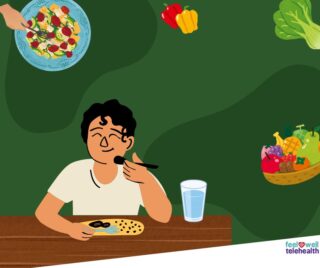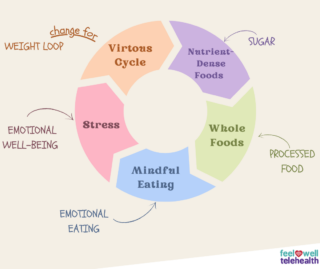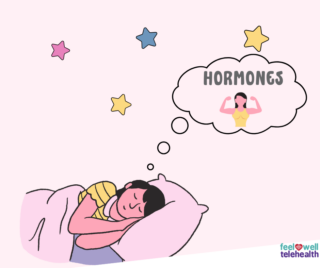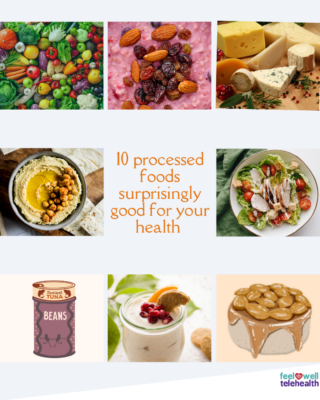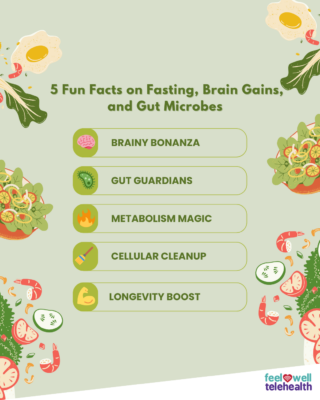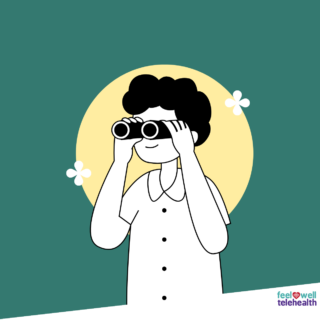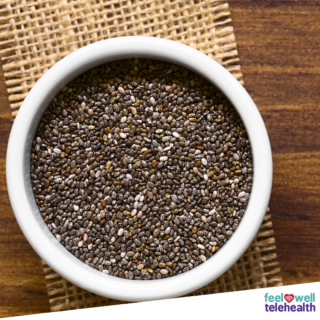

Many products marketed as “healthy” foods can seriously derail off your fitness and nutrition goals.
Here I’ll show you 6 of these foods and alternatives for smarter choices without sacrificing the joy of good food.
1. Granola and granola bars
Why they seem healthy: They often contain oats, nuts, and dried fruits, which are perceived as healthy ingredients.
Why they may not be: Usually, they’re loaded with added sugars, artificial sweeteners, and unhealthy fats. Some granolas can be as calorie-dense and sugary as candy bars.
Smart choice: Steel-cut oats, chopped almonds or nuts, dried unsweetened coconut, and sesame, flax, or chia seeds. Top it with fresh blueberries, strawberries, blackberries, or raspberries.


